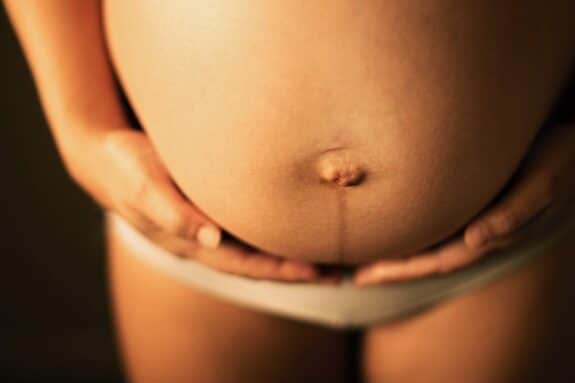A recent retrospective cohort study conducted in Southern California revealed a concerning link between heat exposure during pregnancy and severe maternal morbidity. The study, which included over 400,000 patients, found that high exposure to extreme heat days during pregnancy and the third trimester specifically resulted in a 27% and 28% increased risk of severe maternal morbidity, respectively.
The researchers noted that the magnitude of these associations increased as heat exposure became more severe. For example, the risk was 32% higher for women experiencing a daily maximum temperature >75th percentile lasting for 2 days, and it rose to 139% higher for those exposed to a daily maximum temperature >95th percentile lasting for 4 days.
The study also identified the third trimester as a critical period of exposure for pregnant women. Co-author Anqi Jiao emphasized that women who began their pregnancies in the cold months of November through April experienced more heat days during their final trimester, while those who started in the warm season spent their third trimester in winter or spring.
Severe maternal morbidity, which encompasses conditions such as sepsis and acute myocardial infarction, is considered a near-miss for maternal mortality. Unfortunately, despite advancements in prenatal care coverage and quality, the prevalence of severe maternal morbidity continues to rise in the United States.
The study found that women with lower educational attainment were at greater risk for high heat exposure during pregnancy. This highlights the broader impacts of social injustices and the lack of resources and opportunities for vulnerable populations.
The authors suggest that women should take active measures to reduce their heat exposure during pregnancy. This may include utilizing air conditioning, fans, and self-dousing with water. Additionally, access to green spaces can help mitigate the impact of heat by providing shade and opportunities for socialization and exercise.
The findings of this study provide important insights for clinicians and pregnant women. Educating patients about the risks of heat exposure and implementing mitigation strategies is crucial in preventing severe maternal morbidity.
It’s important to note that this study used ambient temperature as a proxy for heat exposure, which may have limitations. Future research could explore more accurate measurements by considering the surface temperatures of buildings and roads.
Overall, this study highlights the urgent need to address the risks of heat exposure during pregnancy and protect the health and well-being of expectant mothers.
Relate Articles:







